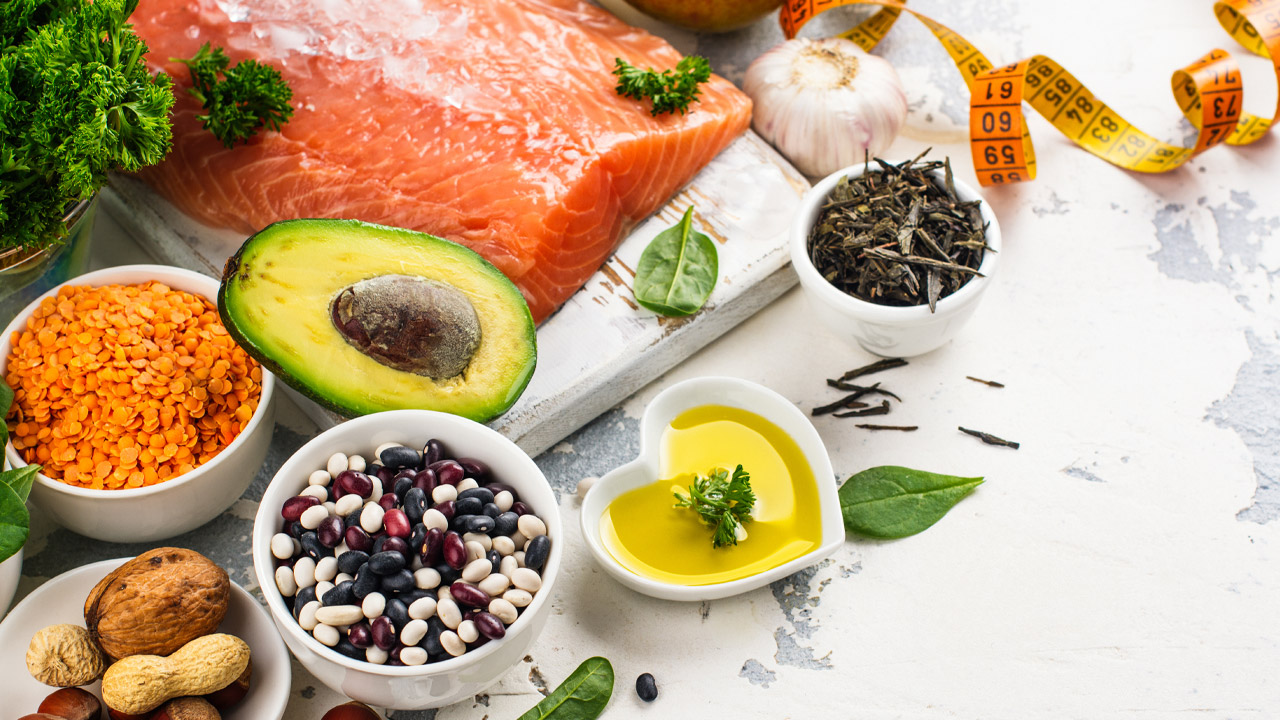
10 Most Common Sports Nutrition Questions Answered
If you are an athlete or a sports enthusiast, there’s a very good chance you may have some questions on sports nutrition that need answering. Most of these questions tend to revolve around nutrition and dieting. Most athletes constantly seek to know the best foods that will help them perform optimally.
In this article, we will be providing answers to some of the most common questions asked by athletes or people looking to know more about sports nutrition.
How much do I need to eat?
You may find it shocking to know that most people burn about 1400-1800 calories just to stay alive and perform basic life activities daily. Even with that, athletes tend to require additional calories to assist the energy they expend while training.
This can span from a few hundred to a few thousand depending on the intensity and duration of the training. As an athlete, you need to eat a lot to support your health in general and promote efficiency during training.
I can’t eat during training what should I do?
You should understand that the gastric system is sensitive, especially if you are competing in a sport that jostles the stomach, such as hurdling, running, or maybe you are experiencing competition nerves.
However, to alleviate your situation, you can start by eating small bites of food or taking sips of drink an hour before your training. You can also work your way up to be able to take small bites during training until you have the ability to tolerate the full amount of food you need.
It is also advisable that you take additional nutrition to replenish Your body.
Do I really need to have a recovery infusion?
When it comes to sports nutrition, this question can be answered with a yes or a no. For athletes who are looking to tackle two-a-day workout or high-intensity training, consuming a combination of carbohydrates and protein within 30 minutes is crucial to replenish the body rapidly. This makes your body ready for the high demand you place on it during training sessions.
For athletes who engage in shorter workout sessions with roughly 24 hours between sessions, rapidly replenishing the body isn’t essential as long as they consume a high-quality diet.
Should I eat before a morning workout?
If it happens that you are heading out on a very hard or long training session, then yes, you need to be full of energy. Plus, it is advisable that you top up energy stores after a night fast. If your training is short or not a key performance session, you can likely complete your session without extra fuel.
Note that when working out on an empty stomach, you might not feel quite energized as usual. However, if at any point you feel faint or dizzy, endeavor to stop and eat something.
Is one diet better than others?
You should understand that sports nutrition varies as regards athletes. The best diet is the one that works well for you. Plus, in sports nutrition, diet can mean several things. For most athletes, diet is seen as a form of eating that is balanced and largely unprocessed. It also includes a large variety of foods.
Do I need a supplement?
In sports nutrition, most of your nutrients should come from a high-quality natural diet. However, athletes tend to need more of these supportive compounds than others. It can also be hard to obtain all from a good diet, hence the need for supplements.
If you happen to be restricting calories or following a diet that excludes some group of foods, you are likely to miss out on something. But a daily vitamin can assist in supplementing your need. You can find many supplements on the market that can be used in a strategic and mindful way to enhance your body performance.
Most of these supplements tend to contain caffeine, B12, collagen, protein, iron, and the likes.
How do I eat to get abs?
As someone who is enthusiastic about sports nutrition, you should understand that your body is made in the kitchen and not the gym.
Yes, training will definitely make you faster and stronger, but your eating habits will make you leaner and fitter. So, to get the body you need, you want to consider your food goals and cut down on necessary junk, and focus on eating better, not less.
I always lose energy at the end of workout sessions; what can I do?
If you find yourself panting or bailing out at the end of workout sessions, it’s a huge sign that you lack the energy stores to complete your training sessions. In this regard, you should start fueling your workout sessions often and early and aim for 60 grams of carbohydrates per hour.
Do I really need to eat carbohydrates?
Of course, carbohydrate is the macronutrient that fuels your body with enough energy at high intensity. Asides from being the best fuel for workout sessions and performances, carbs tend to supply nutrients and fiber that keep your body regular and healthy.
If you train for more hours in a week, you definitely need carbohydrates each day. You should save the simple carbs for intense workout sessions and the complex carbohydrates for mealtimes.
What should I start doing for optimal performance?
In sports nutrition, you need to treat your diet like your training sessions. Endeavor to set eating goals alongside your workout goals. Also, you need to track your food intake just as you track your reps, speed, power, and mileage. At every interval, keep training yourself to improve your eating habits just as you train your muscles to work harder.
If you are looking to perform optimally, you can’t treat your training and eating like separate things. Understand that they work together to help you achieve your body goals. If you find all these to be quite difficult, you can reach out to a sports nutritionist for assistance.
Final thoughts
With these questions answered, you should have a profound understanding of sports nutrition. Ensure you stick to the advice discussed in this article.

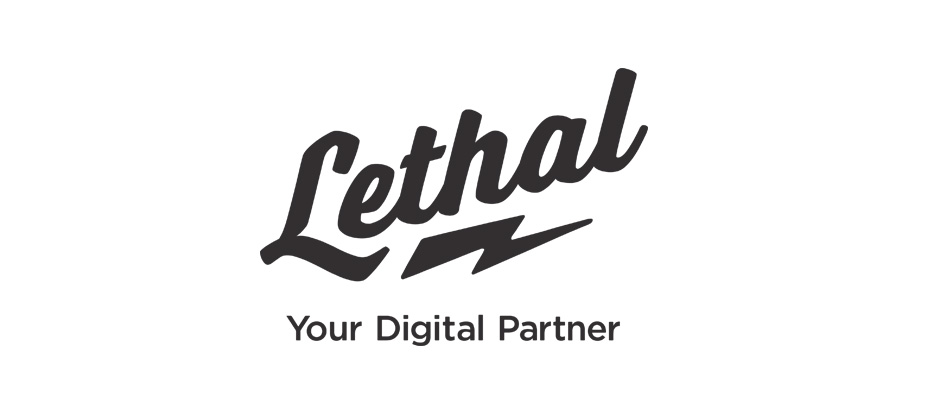
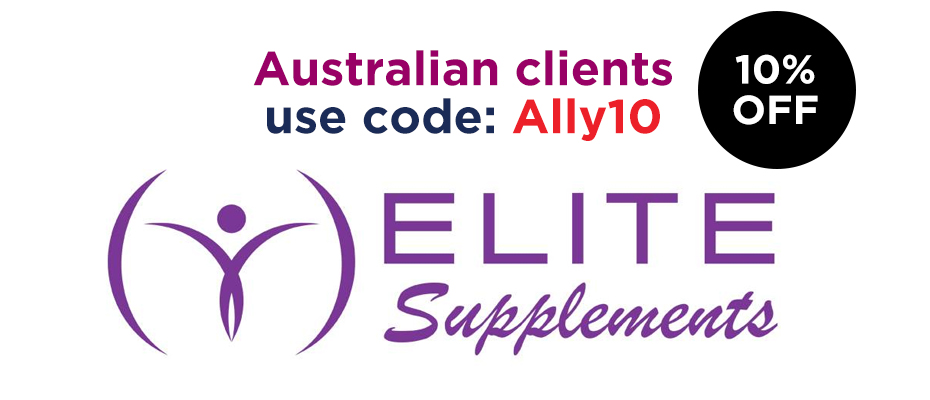
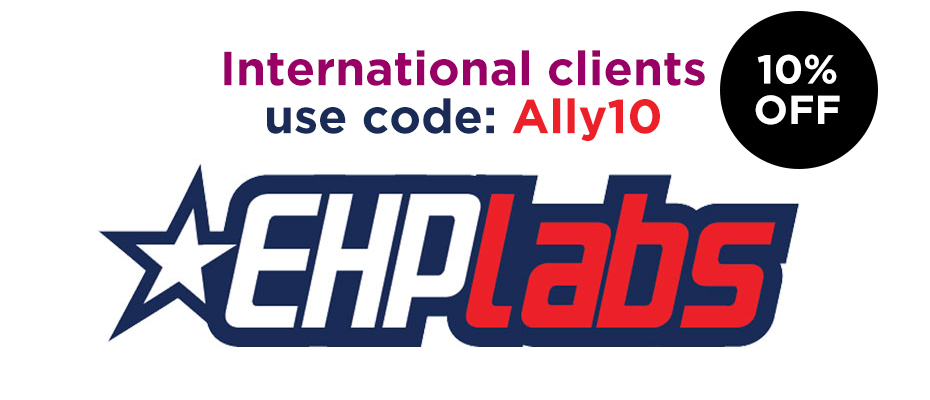
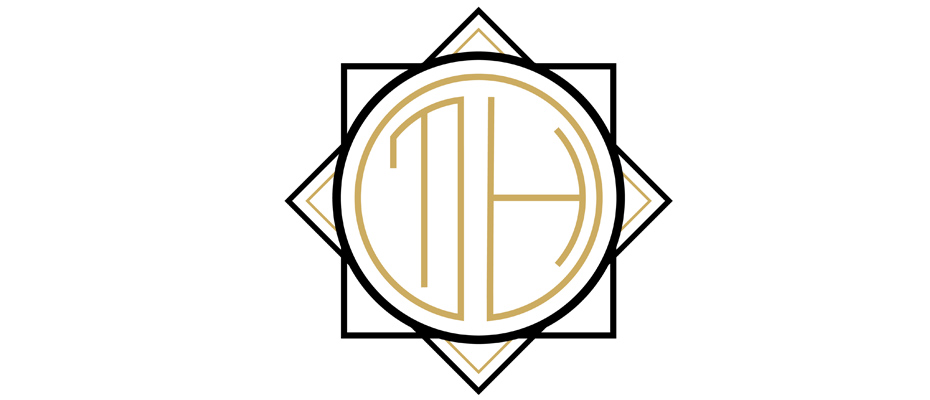
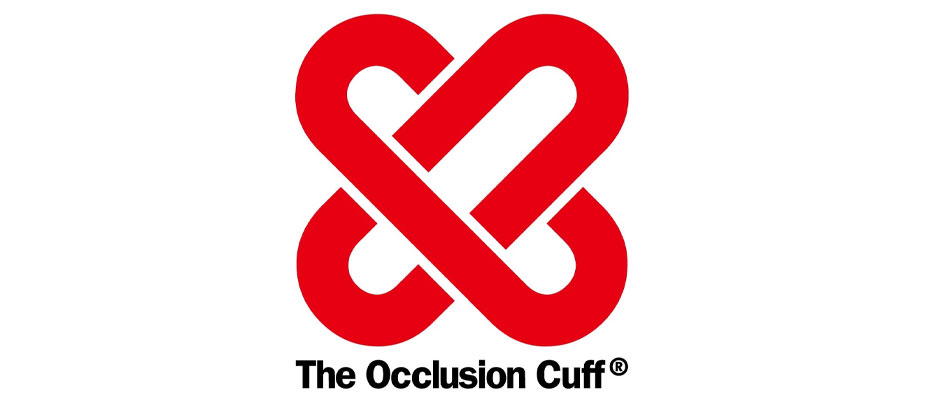

Leave a Comment